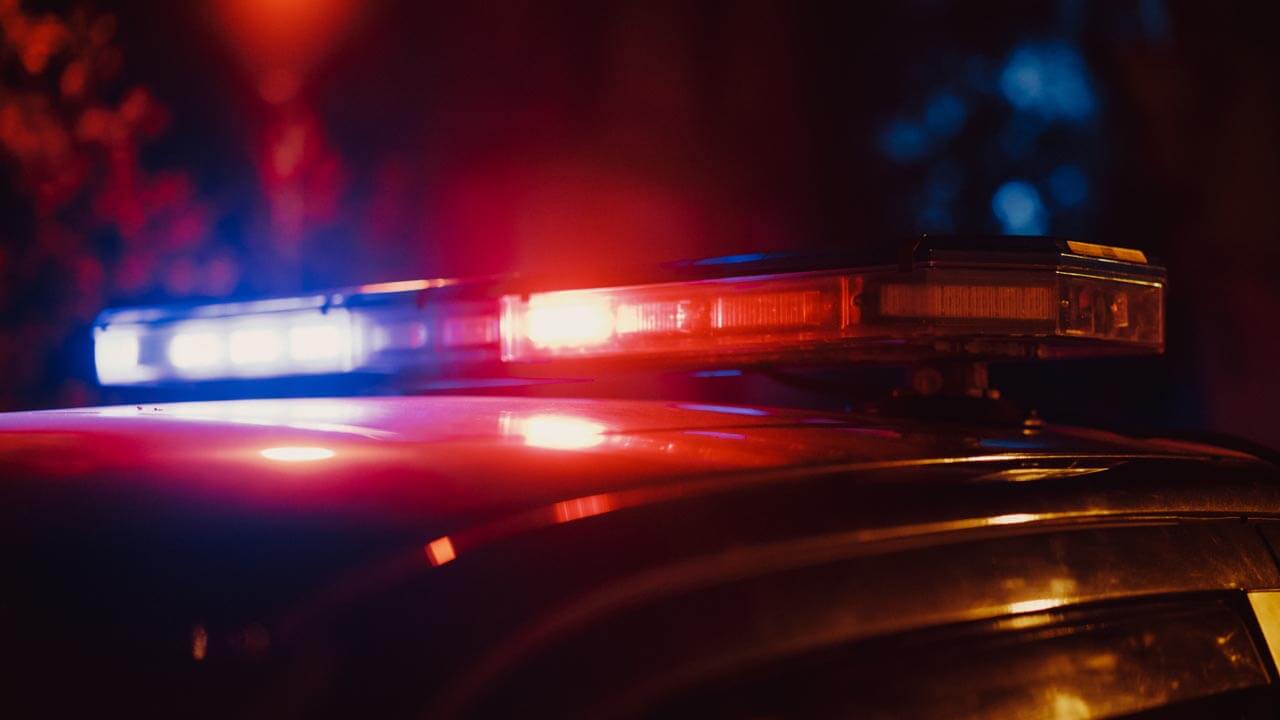- New tobacco and vaping laws that carry the harshest penalties in Australia have now passed in Queensland’s Parliament.
- Retailers illegally supplying cigarettes or vapes face up to two years in jail and/ or fines of up to $1.6 million.
- The laws include nation-first powers allowing authorities to close offending businesses for up to six months.
The Miles Government has passed tough new laws to crack down on the illicit supply of tobacco products and vapes.
Queensland retailers who illegally sell cigarettes or vapes will now face jail terms, steeper fines, and extended closures.
The amendments to the Tobacco and Other Smoking Products Act 1998 allow for tougher penalties including up to two years’ imprisonment and/ or court penalties up to $322,600 for an individual, or $1.6 million for a corporation.
Queensland is the first state to introduce strict new closure powers that allow authorities to close a business for up to six months if they continue to sell illicit tobacco or vape products or operate without a smoking product licence.
This means Queensland’s illicit tobacco and vaping enforcement framework is now streamlined so that supply and possession offences now exist under a single piece of legislation.
A licensing scheme to further regulate the sale of smoking products took effect this month, with unlicensed businesses facing court penalties of up to $161,300 for an individual, or $806,500 for a corporation. To date, over 4,750 licences have been granted.
The new laws complement the Miles Government’s $28.4 million funding package to boost enforcement, support vaping cessation, and develop a support program for school-aged children with nicotine dependency.
In 2023-2024, State and Federal authorities, including Queensland Health and Queensland Police Service:
- seized more than 24.5 million illicit cigarettes, 9.1 tonnes of loose tobacco and 223,020 vapes;
- carried out 1,410 inspections and surveillance activities (Queensland Health officers only); and
- undertook 1,636 enforcement actions, including written warnings, improvement notices, on-the-spot fines, seizures, and legal proceedings.
For further information on this story, please click here.
 20/09/2024
20/09/2024
